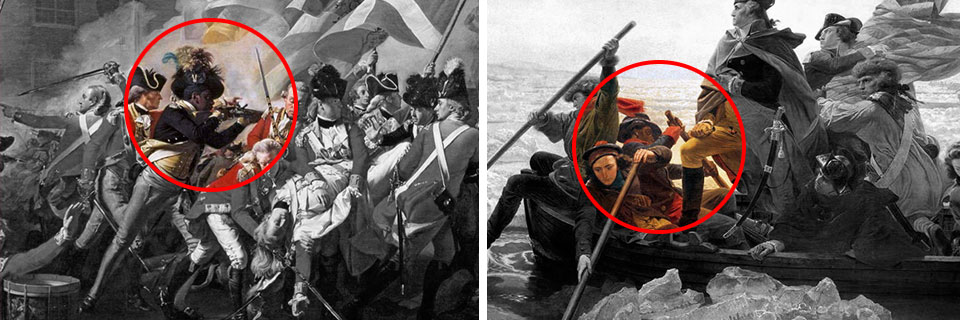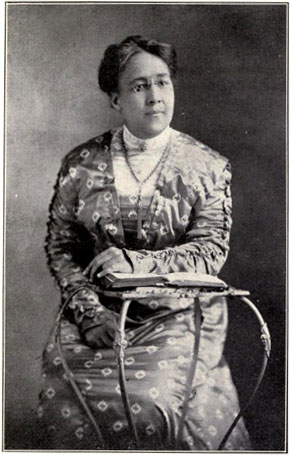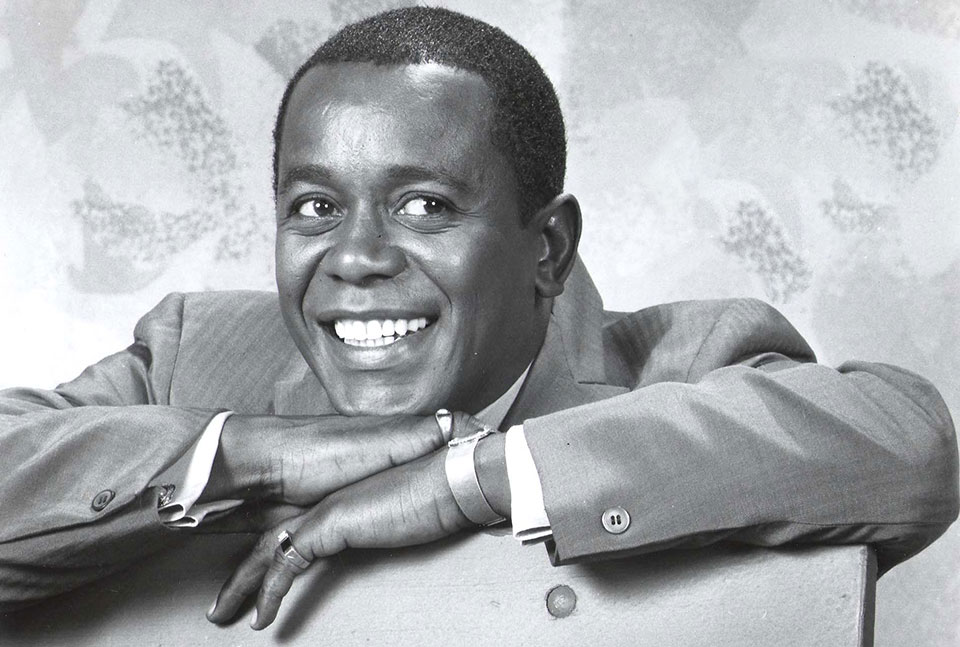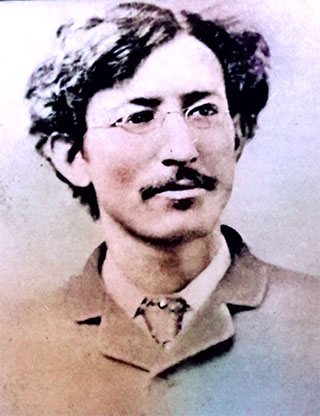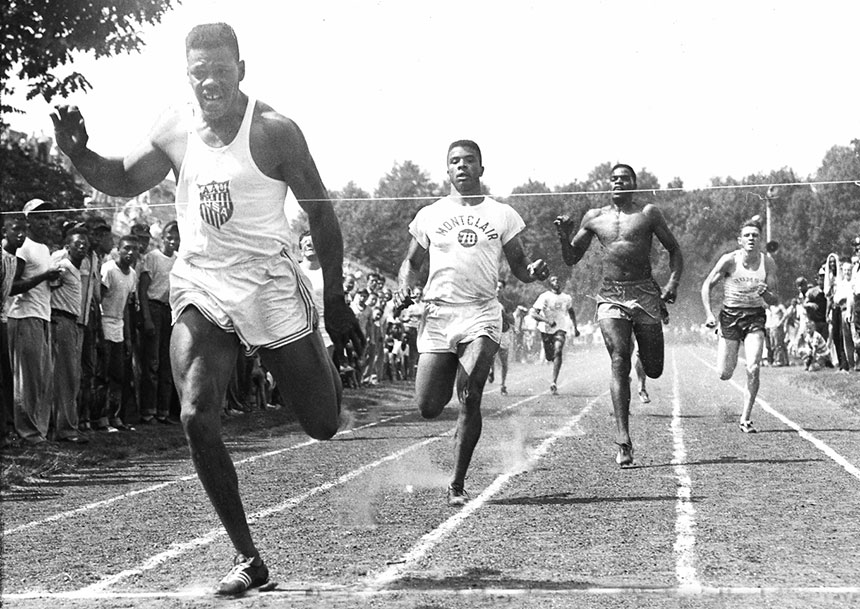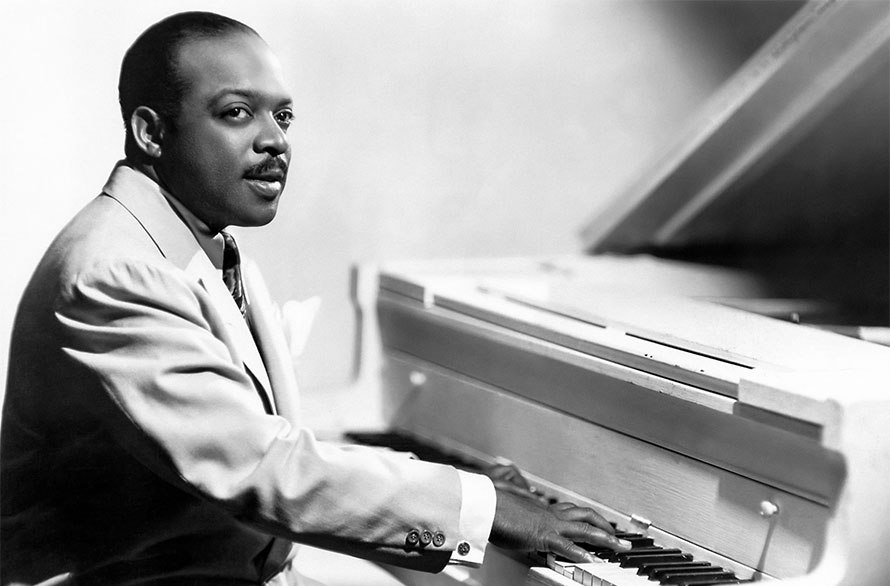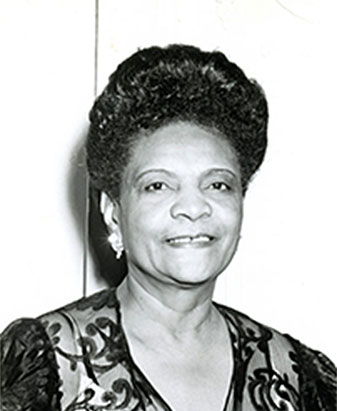Two black men in colonial America who took very different roads to freedom
Oliver Cromwell was born a free black man in what is now Mansfield Township in 1752.
Tyrus Cornelius was born a slave in Colts Neck one year later. Both men had their own vision of freedom and took different roads to secure it.
When the American Revolution broke out, Cromwell answered the American colonies’ call for soldiers and enlisted in George Washington’s army.
Cromwell fought with the 2nd New Jersey Regiment and participated in many of the most famous battles of the war. He made the famous crossing of the Delaware River with Washington on Christmas night, 1776. In fact, the black soldier seen rowing in the famous painting is purported to be Cromwell.
Cromwell survived the war and George Washington personally signed his honorable discharge papers, awarding him the Military Badge of Merit, the first service award created by the U.S. military. Washington said Cromwell “was entitled to wear it by reason of his honorable service.”
After the war, Cromwell retired to a farm he purchased in Burlington. He fathered 14 children, outliving eight of them. He died at the age of 100 in 1853, one of the last living links to the American Revolution. He is buried in Burlington where his descendants live today.
Tyrus Cornelius heard a different call when the American Revolution began.
The Royal Governor of Virginia issued a proclamation offering freedom to slaves that deserted their rebel masters and enlisted in the British army. Thousands of slaves took advantage of this offer including Cornelius.
The British quickly took note of Cornelius’s bravery and leadership under fire while watching him in action at the Battle of Monmouth. Cornelius was commissioned an honorary colonel and made commander of a group of former slaves that became known as the “Black Brigade.”
For more than two years, “Colonel Tye” led daring raids across New Jersey, brutally attacking the homes and strongholds of the enemy, executing its leaders, capturing prisoners and confiscating food, horses and weapons. The Black Brigade especially targeted wealthy slave owners, freeing slaves whenever possible.
Cornelius’s “Black Brigade” became more feared in New Jersey than the British regular army, and caused the Governor to invoke Martial Law.
Colonel Tye did not survive the war. While leading a raid in Toms River in September, 1780, Tye was shot through the wrist. A few days later he died from a raging infection caused by the wound.



